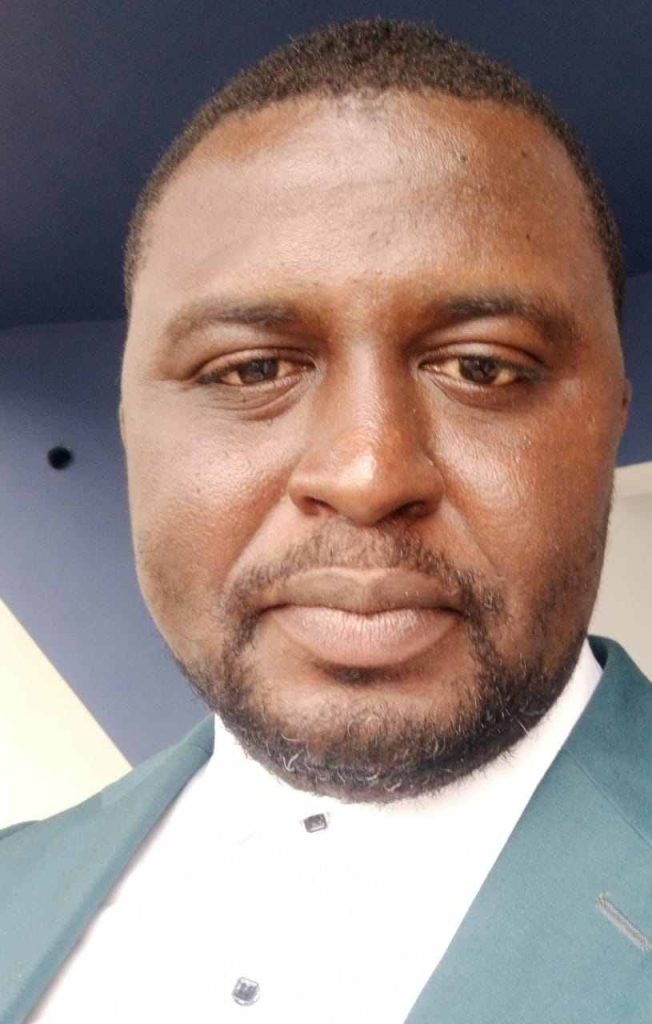INTERVIEW

NIGERIA AT 65: “IT KEEPS GETTING WORSE” – ECONOMIST DR. SAMSON SIMON
As Nigeria marks its 65th Independence Anniversary, questions about progress and leadership linger. For many citizens, rising food prices, soaring fuel costs, and record unemployment paint a grim picture of a nation that has struggled to deliver true economic freedom.
In an interview with DAILY POST, Dr. Samson Simon, Chief Economist at ARKK Economics & Data Limited, reflected on the country’s journey, saying that Nigeria “has not gotten it right from the word go” and that sadly, “it keeps getting worse.”
Independence Without Economic Freedom
Comparing Nigeria’s growth with countries like South Korea and Malaysia, Dr. Simon said the contrast is painful. While those nations have transformed their economies and lifted millions into prosperity, most Nigerians still struggle to afford basic necessities.
“Independence has not delivered economic freedom to ordinary Nigerians. It is the elite who replaced the colonial masters that have benefited the most,” he lamented.
Families Under Strain
For the average Nigerian family, the economist described the present as a cost-of-living crisis. Hyperinflation has eroded purchasing power, leaving households struggling to “keep body and soul together.”
Governance, Corruption, and the Judiciary
Dr. Simon identified corruption and bad governance as the twin evils dragging Nigeria backward. Mismanagement of public funds, inflated contracts, and weak policies, he said, have robbed the nation of its full potential.
He also noted that the judiciary, once seen as the last hope of the common man, now faces questions of independence and credibility. “The judiciary should not be deciding elections,” he argued. “By picking winners and losers, it undermines democracy instead of strengthening it.”
Poor Resource Management
Looking back on six decades, Dr. Simon criticized Nigeria’s failure to manage its vast resources responsibly. “A country can only be said to be doing well when it takes care of its weakest and most vulnerable. Nigeria has not done so well in that regard.”
Urgent Reforms Before 70
Asked about the next five years, the economist listed urgent reforms that could change Nigeria’s trajectory:
Strengthen anti-corruption agencies like EFCC, ICPC, and Auditor-General’s Office, making them independent and well-funded.
Use technology and automation to reduce corruption and make governance more transparent.
Make Nigeria the easiest place to do business, attracting investments to grow the economy.
Guarantee local government autonomy with full accountability.
Build a merit-based, inclusive society to empower citizens fairly.
Any Hope for the Future?
Despite the gloomy outlook, Dr. Simon still sees glimmers of hope in sectors like music, film, and IT, where Nigerians continue to thrive against all odds.
“But for now,” he added, “hope feels like hoping against hope, because the evidence does not support it.”
"This represents a significant development in our ongoing coverage of current events."— Editorial Board









